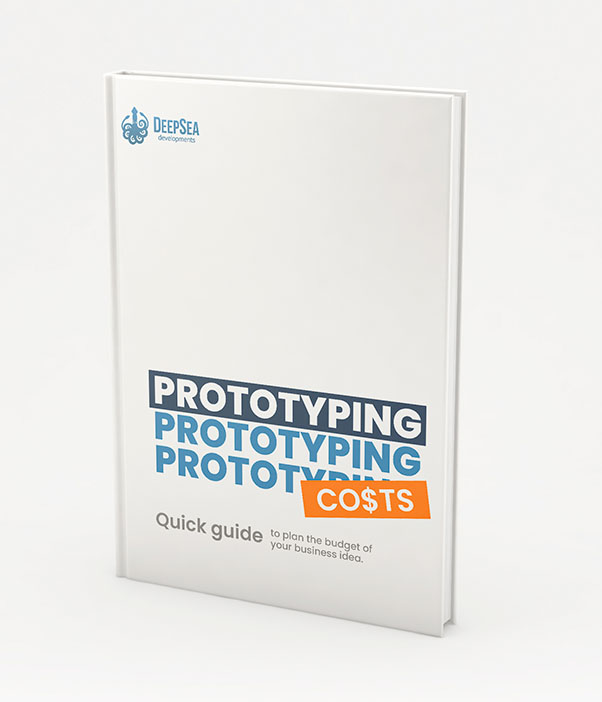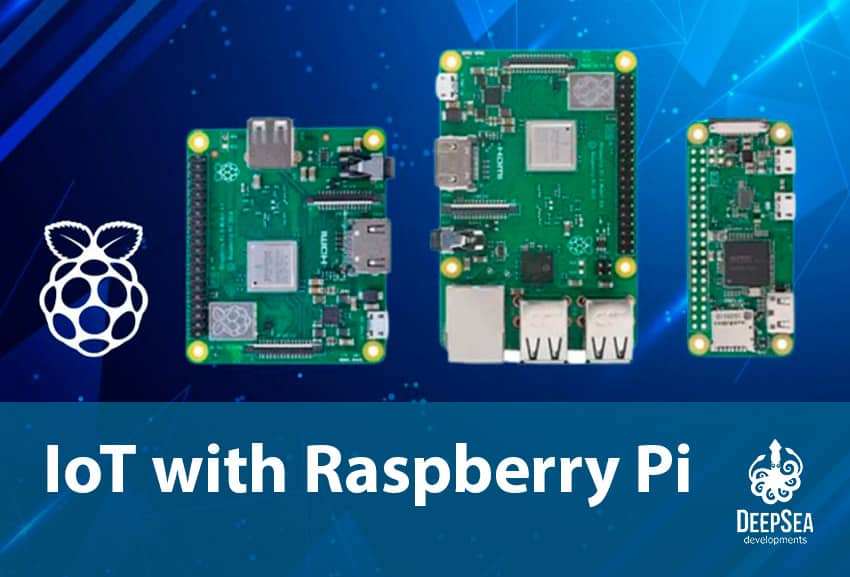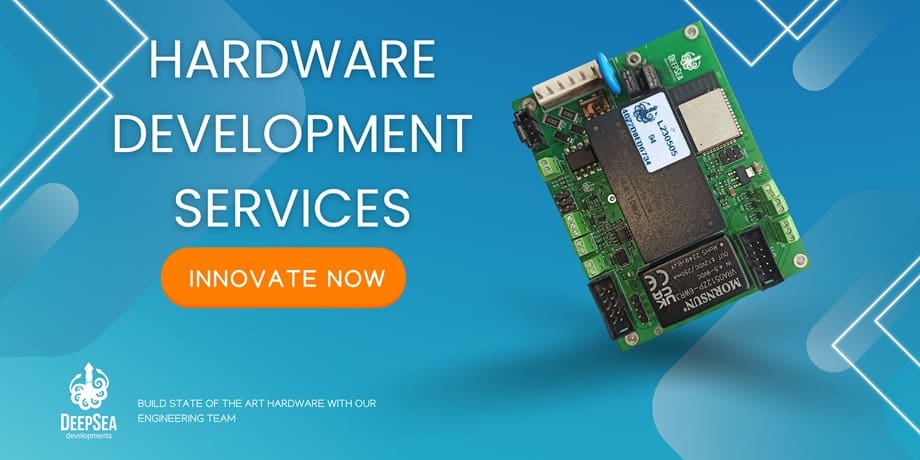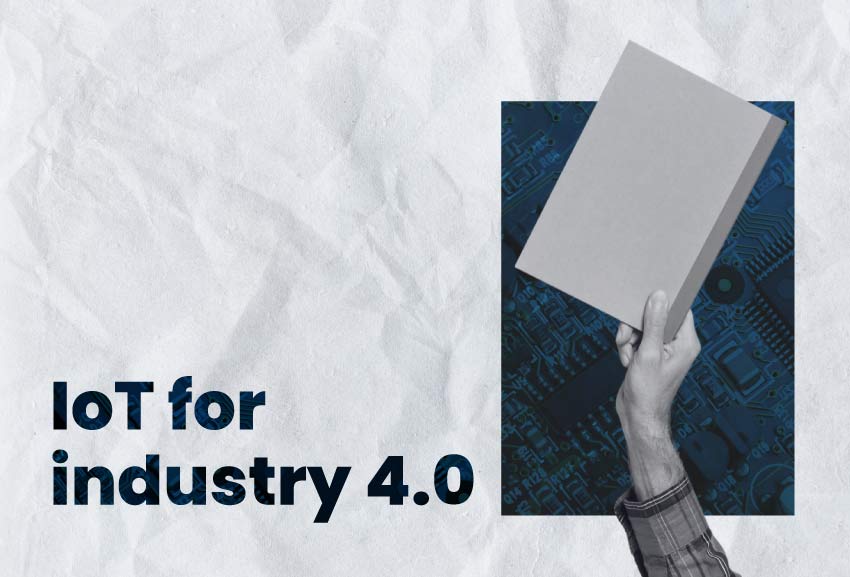At the heart of many projects that have to do with IoT (the importance of IoT), you’ll often find the Raspberry Pi, a small but powerful single-board computer that has gained immense popularity. In this article, we’ll explore why using IoT with Raspberry Pi is a perfect match and the benefits it offers for building smart solutions.
Why is Raspberry Pi used for IoT devices?
There are at least eight reasons for using IoT with Raspberry Pi:
- Affordability
- Versatility
- Computing power
- Connectivity
- GPIO Pins
- Community support
- Security
- Compatibility
1. Affordability (Popular reason for Raspberry Pi IoT)
One of the most compelling motives for using a Raspberry Pi in IoT projects is its affordability. Unlike other microcontrollers (see ESP32 chip) or single-board computers, the Raspberry Pi offers a remarkable balance between cost and capabilities. With models ranging from the Raspberry Pi Zero to the Raspberry Pi 5, you can select the one that fits your project’s requirements without breaking the bank. This cost-effectiveness makes it accessible to hobbyists, educators, startups, and large enterprises alike that need to work on IoT programming.
2. Versatility
Raspberry Pi’s versatility is another factor that makes it a preferred choice in IoT product development. It is a full-fledged computer capable of running a variety of operating systems, including Raspbian (now Raspberry Pi OS, Ubuntu, and Windows 10 IoT Core; which is a Windows 10 optimized version for smaller devices that run on both ARM and x86/x64 devices).
The flexibility of the Raspberry Pi allows developers to choose the most suitable OS for their specific IoT application. For instance, IoT Python. However, you can run several embedded programming languages on the Raspberry Pi.
3. Computing power
Despite its small size, Raspberry Pi boasts considerable processing power. The Raspberry Pi 4, for instance, is equipped with a quad-core ARM Cortex-A72 CPU and up to 8GB of RAM. This computational capability is crucial for handling complex tasks and data processing in IoT applications, ranging from home automation to robotics and edge computing.
As you can see, these capabilities make it perfect for the hardware design process. We even made an unboxing of the Raspberry Pi 5, you can check the video here:
4. Connectivity
Raspberry Pi boards come with built-in Ethernet and Wi-Fi connectivity options, making them ready to communicate with other devices and the internet. This is vital for collecting and transmitting data in real-time, a fundamental aspect of IoT.
Additionally, you can easily expand connectivity options using USB adapters, GPIO pins, or add-on boards (HATs) to suit your specific IoT project.
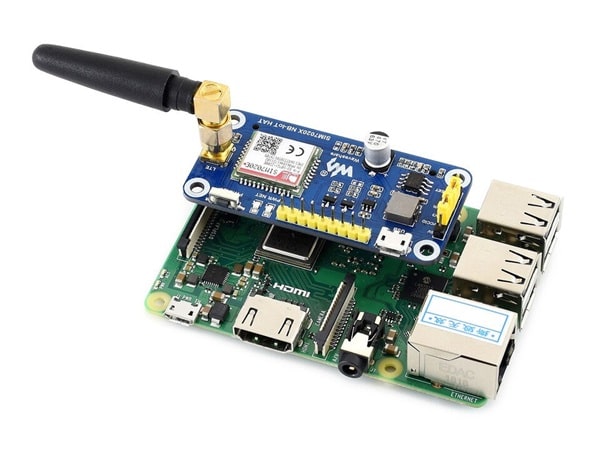
5. GPIO Pins
Raspberry Pi’s General Purpose Input/Output (GPIO) pins provide a bridge between the digital world of the computer and the physical world of sensors, actuators, and devices. This feature allows you to interface with a wide range of sensors and peripherals, making it a key asset for building custom IoT solutions.
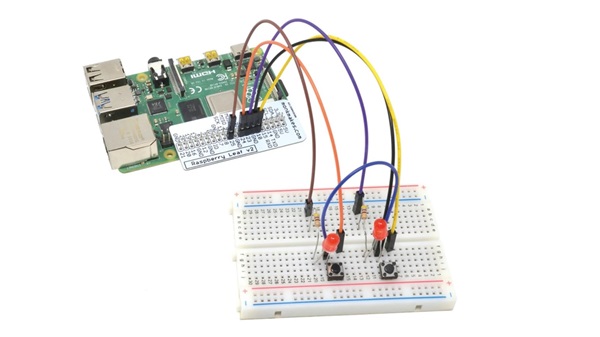
6. Community Support
The Raspberry Pi community is vast and active, offering extensive resources for firmware programming, tutorials, and a wealth of open-source software. This support ecosystem simplifies the development process of IoT on Raspberry Pi, facilitates problem-solving, and fosters innovation. Whether you’re a novice or an experienced developer, you’ll find ample guidance and assistance from the Raspberry Pi community (check embedded systems examples).
7. Security
Security is a paramount concern in IoT applications. Raspberry Pi benefits from the continuous improvements in security features and software updates. This helps ensure that your IoT project remains protected against potential vulnerabilities and threats (See firmware vs software).
8. Compatibility
Raspberry Pi boards are compatible with a wide range of IoT sensors, actuators, and accessories. This compatibility simplifies the integration of various components into your IoT solution, reducing development time and costs.
As you could see, there are many reasons for using IoT with Raspberry Pi. Whether you’re building a smart home, industrial automation system, or a healthcare monitoring solution (see IoT use cases), the Raspberry Pi empowers you to create innovative, cost-effective, and reliable IoT solutions.
Its wide adoption across various industries is a testament to its capability and potential in the ever-expanding world of the Internet of Things. If you need a firmware development company to help you out with your Raspberry Pi IoT project, don’t hesitate to get in touch with us.
